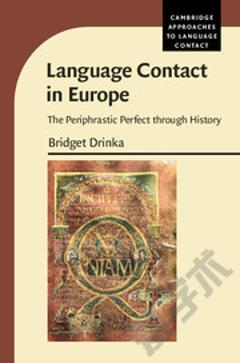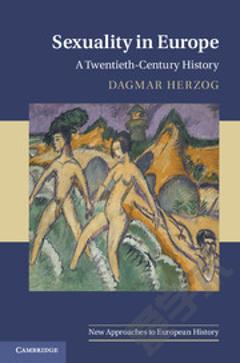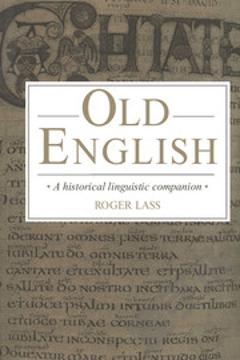Language Contact in Europe: The Periphrastic Perfect through History
This comprehensive new work provides extensive evidence for the essential role of language contact as a primary trigger for change. Unique in breadth, it traces the spread of the periphrastic perfect across Europe over the last 2,500 years, illustrating at each stage the micro-responses of speakers and communities to macro-historical pressures. Among the key forces claimed to be responsible for normative innovations in both eastern and western Europe is 'roofing' - the superstratal influence of Greek and Latin on languages under the influence of Greek Orthodoxy and Roman Catholicism respectively. The author provides a new interpretation of the notion of 'sprachbund', presenting the model of a three-dimensional stratified convergence zone, and applies this model to her analysis of the have and be perfects within the Charlemagne sprachbund. The book also tackles broader theoretical issues, for example, demonstrating that the perfect tense should not be viewed as a universal category.
{{comment.content}}








 京公网安备 11010802027623号
京公网安备 11010802027623号